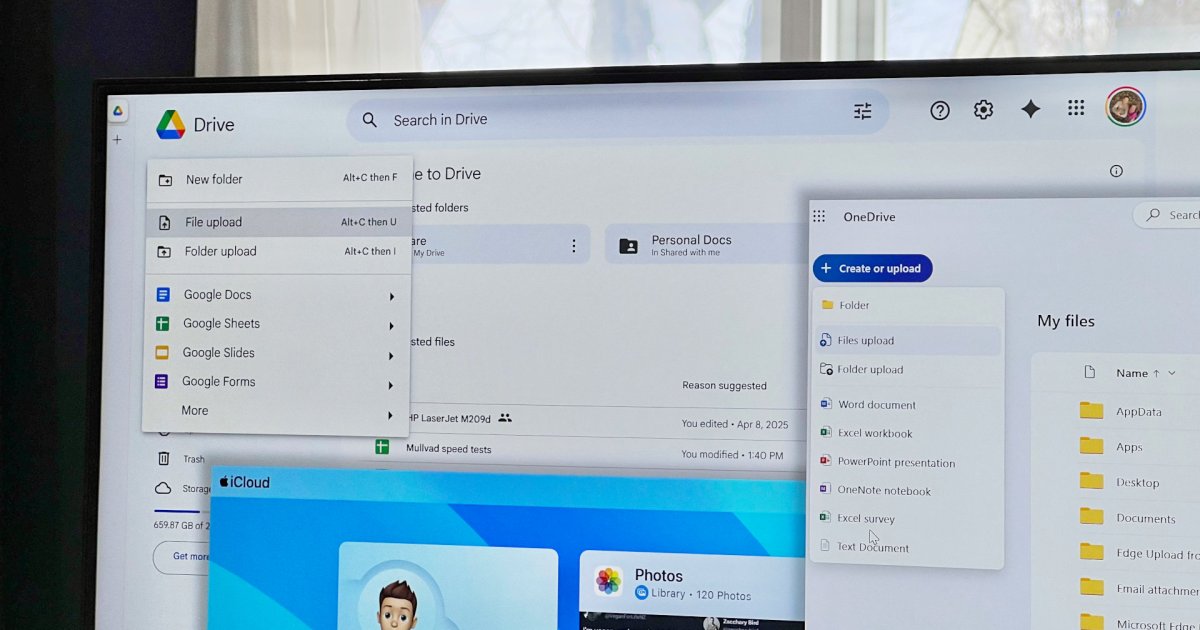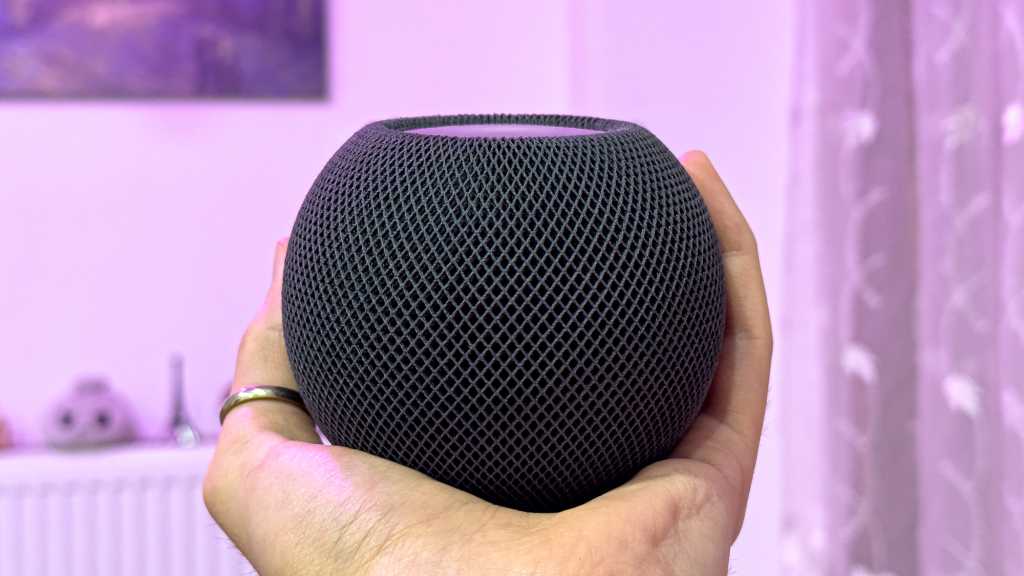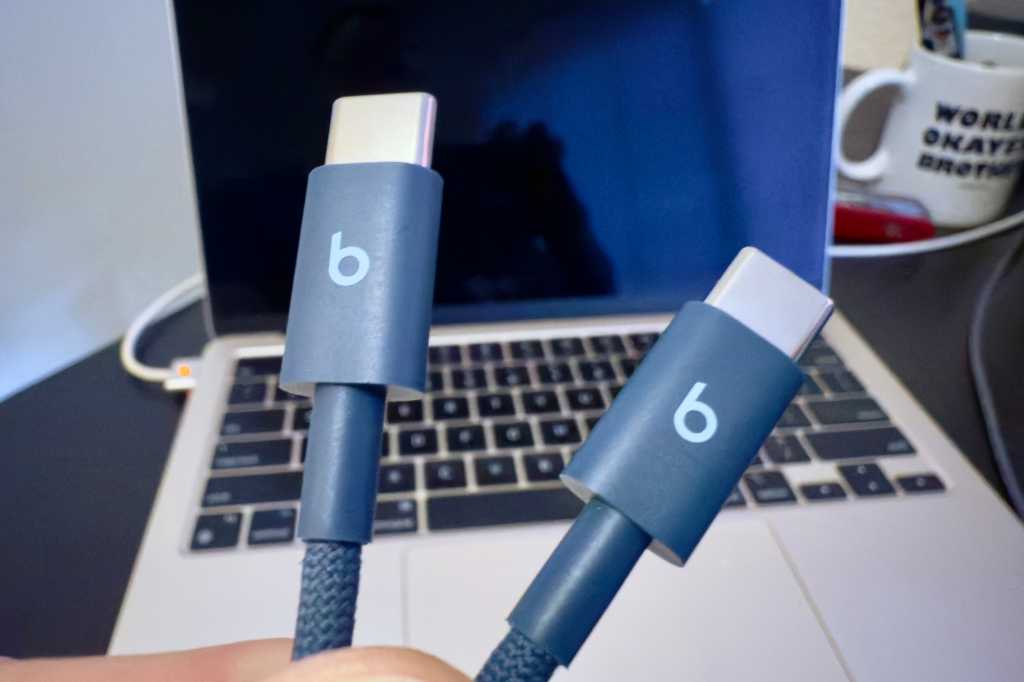Cloud storage offers seamless syncing of files and photos across devices, but how secure is your data in the cloud? This article examines the security and privacy measures of popular cloud storage services like Microsoft OneDrive, Apple iCloud, and Google Drive. We’ll explore their encryption methods, past security incidents, and how they protect your private information.
 A digital encrypted lock with data multilayers.
A digital encrypted lock with data multilayers.
Cloud Security Challenges and Track Records
Securing cloud services, especially those integrated into millions of devices, presents a significant challenge. Tech giants like Google, Microsoft, and Apple constantly face hacking attempts, with some attackers leveraging AI to bypass defenses. While all three companies boast robust security and generally good track records, past incidents highlight vulnerabilities.
The 2014 “Celebgate” attack, though limited in scope, exposed the private photos of some iCloud and Gmail users. A 2018 Google+ data breach, while not directly targeting Google Drive, demonstrated the potential for unauthorized access if login credentials are compromised. Even Microsoft, with no major customer data breaches, faced a potential vulnerability in 2023 when a Bing search exploit could have allowed access to OneDrive files and Outlook emails. These companies actively address known security issues, but the constant evolution of hacking techniques requires ongoing vigilance.
Decrypting Cloud Storage Encryption
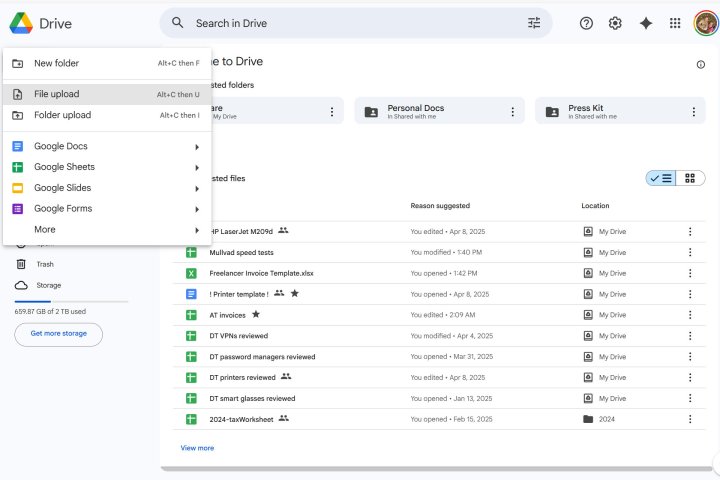 Google Drive encrypts every file I upload.
Google Drive encrypts every file I upload.
Cloud storage providers employ encryption to minimize unauthorized access. Google Drive and OneDrive utilize AES 256-bit encryption, while iCloud uses both AES 128-bit and 256-bit. Although AES 256-bit is stronger, both are considered quantum-resistant, requiring billions of years to crack with current technology. Data in transit is also protected by TLS/SSL encryption, preventing interception at network hubs.
The Privacy Question: Who Holds the Keys?
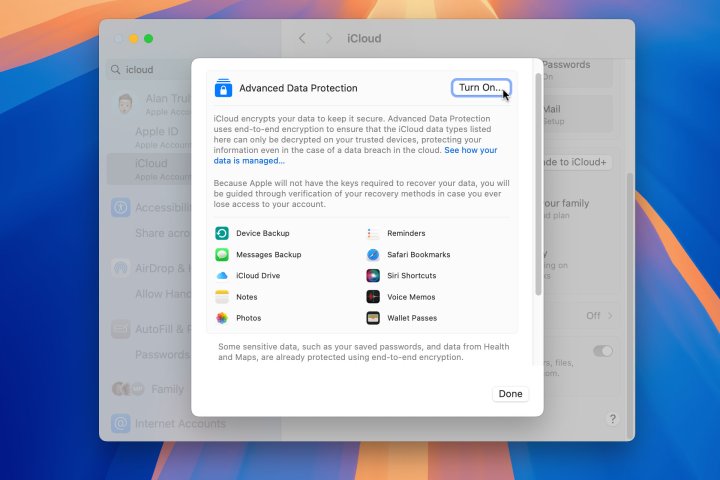 Apple
Apple
Even with strong encryption, your privacy could be at risk if your login credentials are compromised. While multi-factor authentication (MFA) adds a layer of protection, the key issue is who holds the decryption keys.
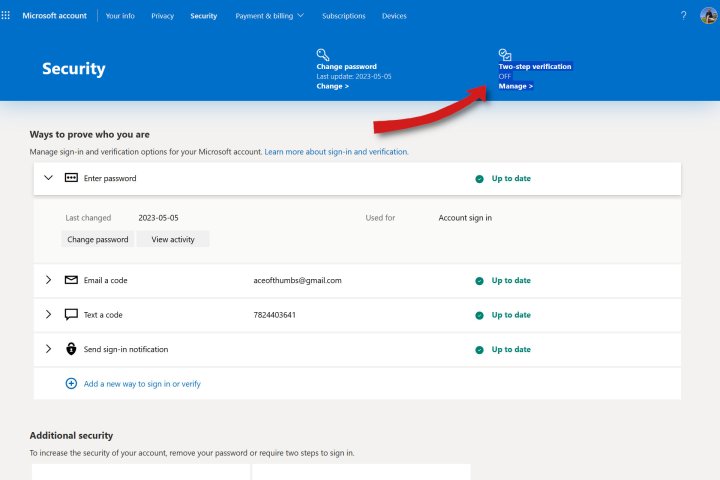 This Microsoft account has two-step verification disabled.
This Microsoft account has two-step verification disabled.
End-to-end encryption offers the strongest privacy, encrypting files on your device before uploading, meaning the provider doesn’t have access to the decryption key. Apple leads in this area, offering automatic end-to-end encryption for various data types, including iCloud Keychain, transactions, messages, and health data.
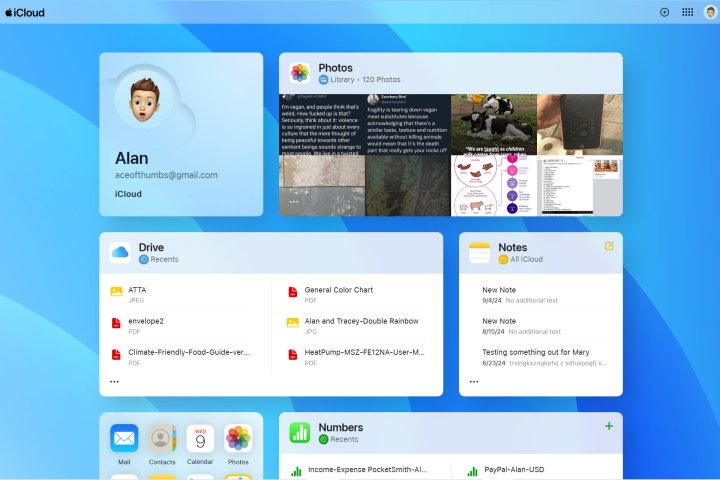 Apple iCloud defaults to end-to-end encryption for some types of data.
Apple iCloud defaults to end-to-end encryption for some types of data.
While iCloud files and photos aren’t encrypted end-to-end by default, enabling Apple’s Advanced Data Protection (ADP) extends this protection to these data types. Unfortunately, Google Drive and OneDrive currently lack built-in end-to-end encryption, requiring third-party tools for this level of privacy.
Choosing the Right Cloud Storage Provider
While Apple’s end-to-end encryption makes iCloud attractive for privacy-conscious users, its integration within the Apple ecosystem may limit its appeal to non-Apple users. Google Drive and OneDrive offer robust cross-platform support and good encryption, but they lack the privacy of end-to-end encrypted solutions.
If privacy is paramount, consider third-party cloud storage services with end-to-end encryption. For smaller storage needs (1-10 GB), password managers often include encrypted file storage as a feature. The best choice depends on your individual needs, balancing convenience, security, and privacy.



